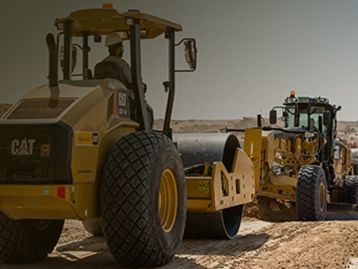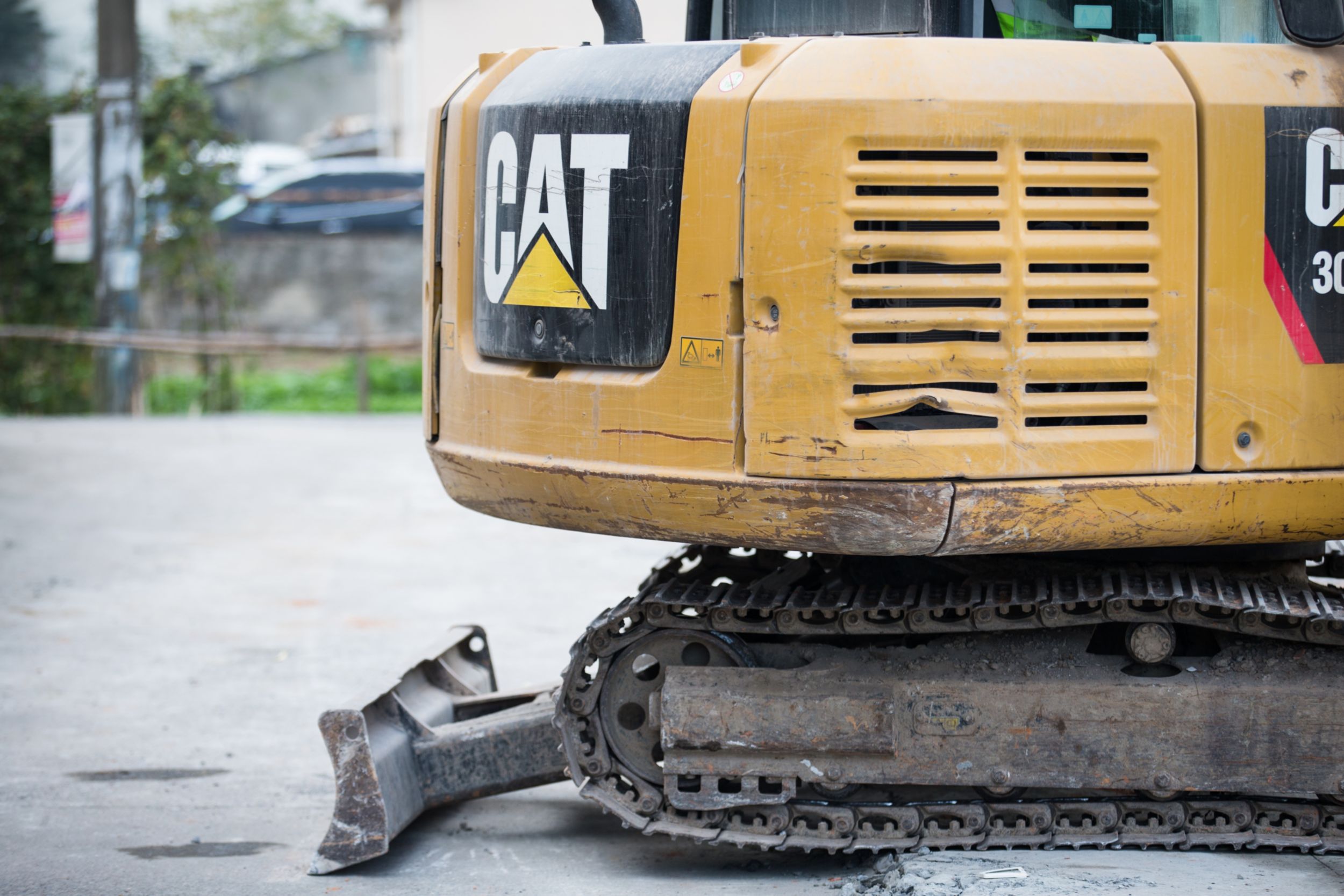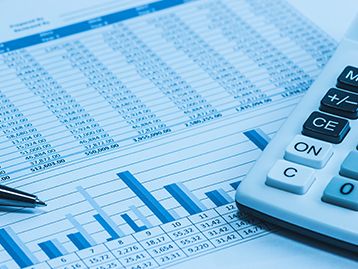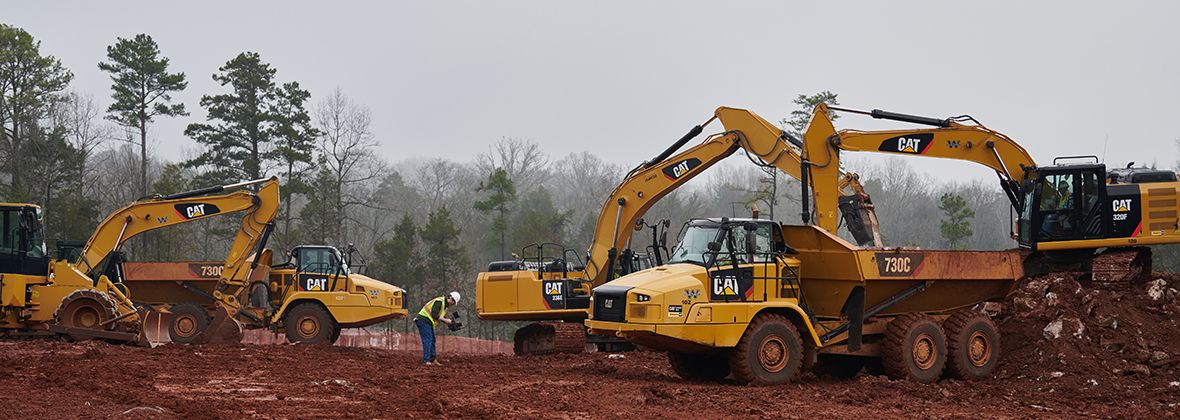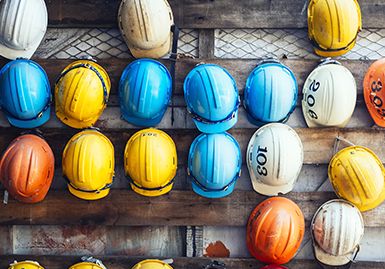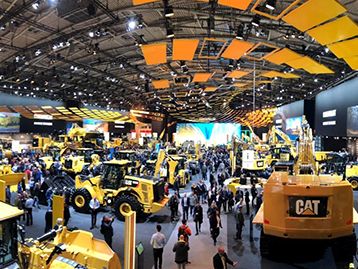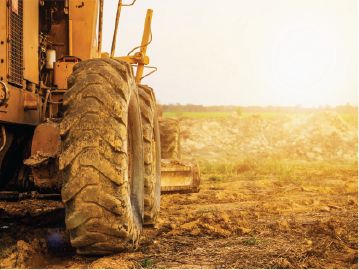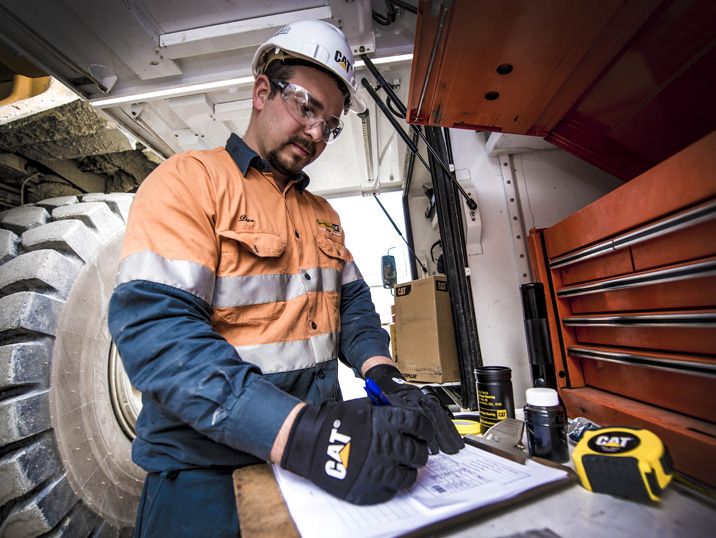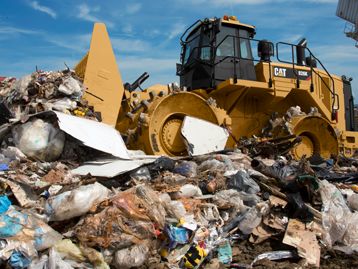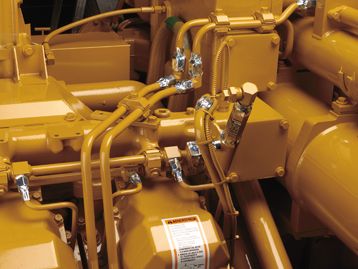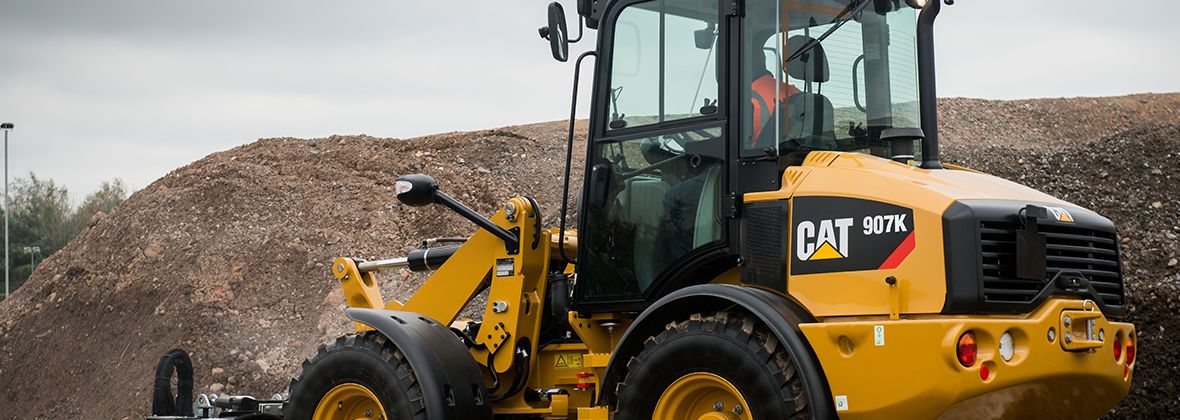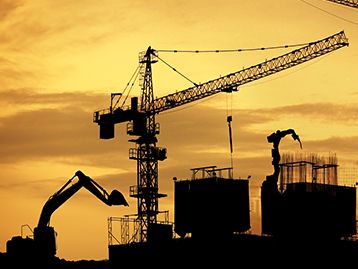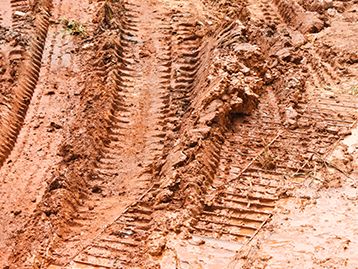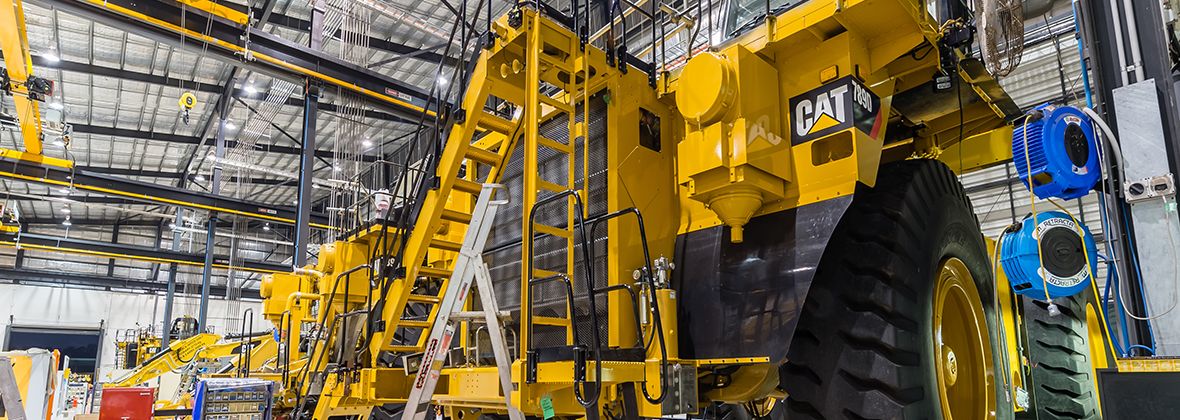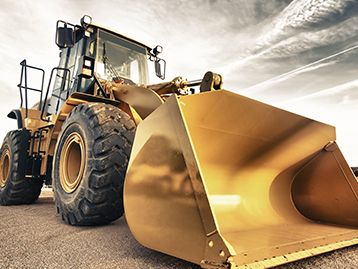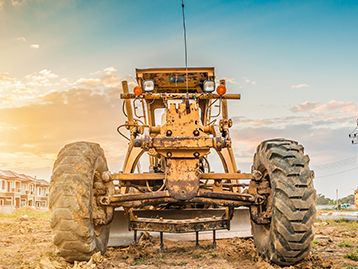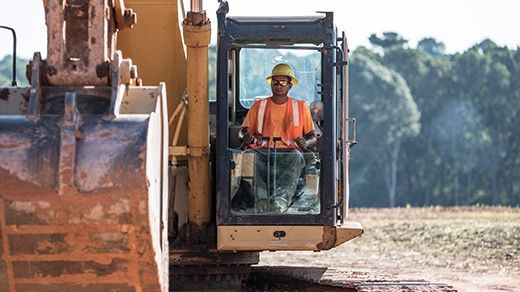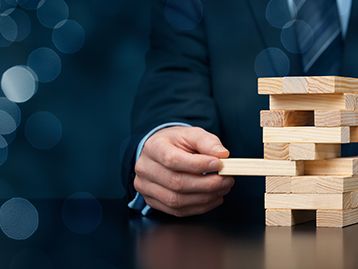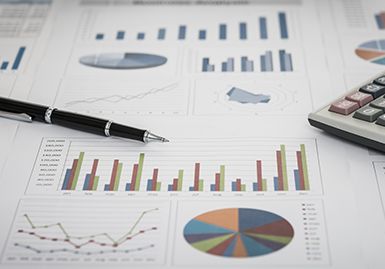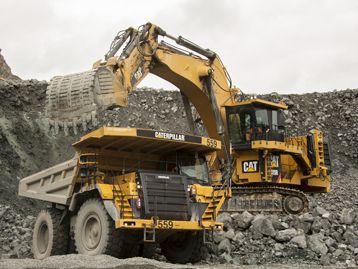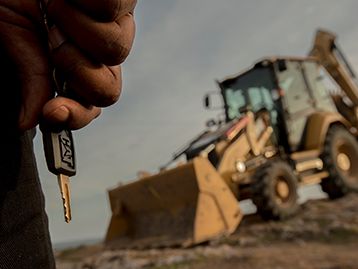Se connecter
Bienvenue! Connectez-vous pour personnaliser votre expérience sur Cat.com
Si vous possédez déjà un compte sur une autre application Cat, vous pouvez utiliser ce même compte pour ouvrir une session ici.
Effectuez l'enregistrement dès maintenant
Un seul compte. Pour tout Cat.
Votre compte Caterpillar est le seul compte à utiliser pour ouvrir une session dans les services et applications que nous offrons. Magasinez des pièces et des machines en ligne, gérez votre parc de véhicules, passez en mode mobile, et plus encore.
Informations sur le compte
Paramètres du chantier
Sécurité
How to Avoid Extra Costs at the End of Your Lease
4 TIPS TO HELP YOU MINIMIZE UNEXPECTED EXPENSES
Leasing equipment is advantageous to your business in many ways. For example, leasing heavy equipment allows your business to select a fixed term with low upfront costs and the option to purchase the equipment at the end of the agreement. However, it’s important to be aware of the potential concerns, specifically pertaining to additional payments and penalties, that can arise at the end of a lease.
Understanding the issues related to extra costs and knowing how to properly address them can help you secure an attractive lease for your business. Ideally, your lease agreement shouldn’t present any major financial obligations at the end of the term.
Keep heavy equipment in good shape
One of the most basic ways to avoid additional costs at the end of your lease can also be difficult to prevent during a long-term lease. A common source of additional costs stems from the wear, tear, and damage equipment and machinery encounters during the life of the lease. Some wear and tear is inevitable due to the harsh applications and conditions that some equipment operates in. However, that doesn't mean wear and tear can’t be avoided.
Scheduling routine maintenance and developing procedures for employees who regularly use the equipment can help your business maintain a higher standard of care. Hard-working machines don't have to quickly fall into cosmetic or functional disrepair. Every industry and business is different. Regardless of specifics, properly maintaining your equipment can help you determine when, where and how your equipment is damaged. Plus, developing a plan to keep equipment in better shape can have a significant impact on the amount of extra payments you are responsible for at the end of a lease.
Find the option and lessor that works best for you
Choosing the right kind of lease for your operational and financial needs and the financial institution that provides you with the lease can greatly impact the total number of additional expenses you will be responsible for when the lease comes to an end. Working with banks offers many advantages, but including a third party in a lease tends to lead to increased costs and additional fees. Some want to make a profit off of these transactions, and others need this type of revenue.
Working directly with a captive financing company means that only two parties are involved, which translates to fewer unexpected costs. Leasing directly from a captive financing company provides several other benefits. The lessor is familiar with your industry and typically has a wide range of equipment available matched with the expertise to help you determine the best option for your business.
Finance leases
The different types of leases available to your business should also be carefully reviewed. A finance lease typically include the option to purchase the equipment at the end of the lease period. Flexible return or purchase options are offered when a mutually agreed period during the agreement is reached.
Finance leases differ from operating leases in how they're recorded on a company's ledger. A finance lease is counted as an asset, which also increases liability. This form of lease allows companies to claim the depreciation in value of the equipment itself on their taxes along with the interest expenses that come with the lease. In terms of fees, finance leases can have low final bargain purchase options and end-of-lease balloon payments - a major advantage in some situations.
Operating leases
An operating lease allows businesses to avoid carrying the assets and liabilities related to the equipment. Operating leases are considered a rental expense, which is beneficial in terms of receiving tax incentives. Operating leases can also provide an option to purchase the equipment at the end of the term, although the advantages in that respect aren't as strong as they are with finance leases. Seeking out an operating lease from a captive financing company is a very effective choice, depending on a business's needs.
Additional Articles
Find in-depth articles to answer your questions about construction equipment financing, and expert tips to help you navigate today's economy as a successful business.
-
When Should You Consider Expanding Your Business?
Learn More -
What will the World Look Like After the Belt and Road Initiative is Complete?
Learn More -
What the Belt and Road Initiative Means for the Modern Economy
Learn More -
What Is Direct Pay?
Learn More -
What Is Caterpillar Pay For Use™ And How Does It Help Your Business?
Learn More -
What Does a Lender Look For?
Learn More -
What Construction Jobs Aren't Worth Taking?
Learn More -
Understanding the Importance of the Belt and Road Initiative
Learn More -
Understanding the Benefits of Buying Used Equipment
Learn More -
Understanding Federal and State Grants for Business
Learn More -
Tools for Success: How to develop a balanced scorecard for your company
Learn More -
Tools for Success: Grow Your Business with an Effective Cash Flow Template
Learn More -
Tips for Scheduling Equipment Maintenance
Learn More -
Tips for Improving Your Credit Score
Learn More -
The Value of Leasing Equipment with Cat Financial
Learn More -
The Ultimate Guide to Leasing Products
Learn More -
The Truth About Renting | Part 2
Learn More -
The Truth About Renting | Part 1
Learn More -
The Importance of Having an Effective Construction Safety Culture
Learn More -
The Equipment Financing Questions You Need to Ask at Your Next Trade Show
Learn More -
The Benefits of Buying or Leasing Used Equipment
Learn More -
Telematics Part 2: How Equipment Technology Helps Construction Businesses
Learn More -
Telematics Part 1: What Is Telematics and Why Is It Important for Construction Businesses
Learn More -
Skid Steer Loader: The Jack of all Trades
Learn More -
Reduce Workplace Accidents with Effective Safety Strategies
Learn More -
Protect Your Livelihood by Protecting Your Equipment
Learn More -
Prepare Your Business for a Natural Disaster
Learn More -
I Have the Money to Pay for Equipment in Cash. Why Should I Finance Equipment Instead?
Learn More -
Managing Cash Flow When the Market Takes a Downturn
Learn More -
Maintenance Tips to Winterize Your Heavy Equipment
Learn More -
Maintenance Tips: Protecting Your Equipment from Normal Wear and Tear
Learn More -
Legacy Planning: Your Business After You
Learn More -
Is Your Business Protected for the Future?
Learn More -
Understanding Your Options for Lease Modification
Learn More -
How to Get Financing for an Engine Overhaul
Learn More -
How Technology Can Help You Operate Your Business More Efficiently
Learn More -
How Does Heavy Equipment Financing Work for a Small Business?
Learn More -
How Contractors Can Weather an Economic Downturn
Learn More -
How Bonus Depreciation Can Help Your Construction Business
Learn More -
A Guide to Equipment Financing
Learn More -
Grow Your Business with These 4 Tips
Learn More -
Find Out How Skip Payments Can Help You Manage Your Business Better
Learn More -
Extend the Life of Your Equipment with a Rebuild
Learn More -
Equipment Financing: Answering Questions and Debunking Myths
Learn More -
Effective Use of Cash Vs. Credit for Equipment Purchasing
Learn More -
Discover the Benefits of Donating Heavy Equipment
Learn More -
Equipment Financing Requirements: Four Key Factors
Take a Look -
Comparing Equipment Lease Vs. Loan
Learn More -
Business Health: Managing Risk to Make Effective Investments
Learn More -
Business Health: Identifying Priorities that Contribute to Growth
Learn More -
Building and Maintaining a Good Crew
Learn More -
Budgeting 101: How to Create a Budget for Your Business
Learn More -
Bids that Beat the Competition
Learn More -
An In-Depth Guide to Mining Equipment and Technology
Learn More -
Acquiring a Construction Backhoe Loader
Learn More -
6 Things You Should Know Before Contacting Equipment Leasing Companies
Learn More -
5 Tips for Analyzing a Balance Sheet
Learn More -
4 Benefits of an Effective Business Plan
Learn More






